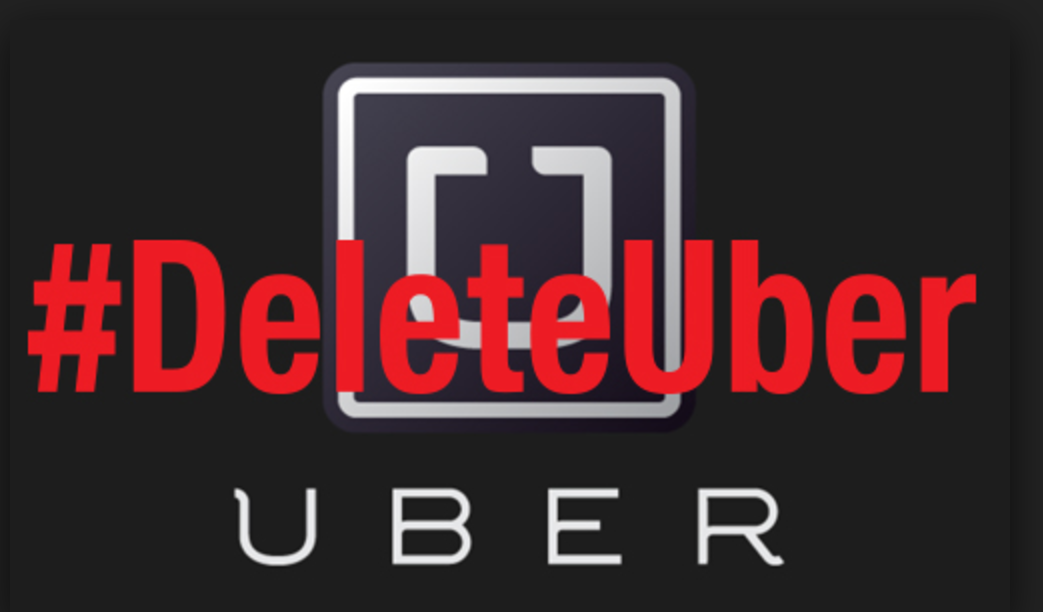A former Uber employee’s disturbing claims of workplace sexism reignite calls to #deleteUber
https://www.recode.net/2017/2/20/14666572/uber-sexism-susan-fowler-delete-uber
One of our group projects looks at UBER as their choice of organization. So this news regarding their gender discrimination issue grabs my attention.
This issue came as moral issues regarding UBER, and its impact is getting increasingly bigger. And the criticism seems to spread like a wildfire.
Uber is IT technology that looks smart and innovative. This kind of image and human values are are heavily related to “silicon valley liberal mainstream,” yet this sexism issue appears to clearly hurt their image and ignite a massive boycott, which has disrupted their business.
Uber is not the only IT tech company who has faced this kind of criticism and boycotting. In its early days, Google also faced a similar sexism issue with the revelation of an internal document by an anonymous staff member .
A Google employee inflames a debate about sexism and free speech
How do you think this ethical consumerism, especially regarding gender sensitivity, could be managed on social media and through effective engagement with the public?
What kind of follow-up messages should be heard by the consumers?
What makes this kind of issue one of moral inequity and social injustice beyond mere gender politics?
Hope to see your thoughts and comments! Any thoughts would be welcomed.
Kyu

Leave a comment